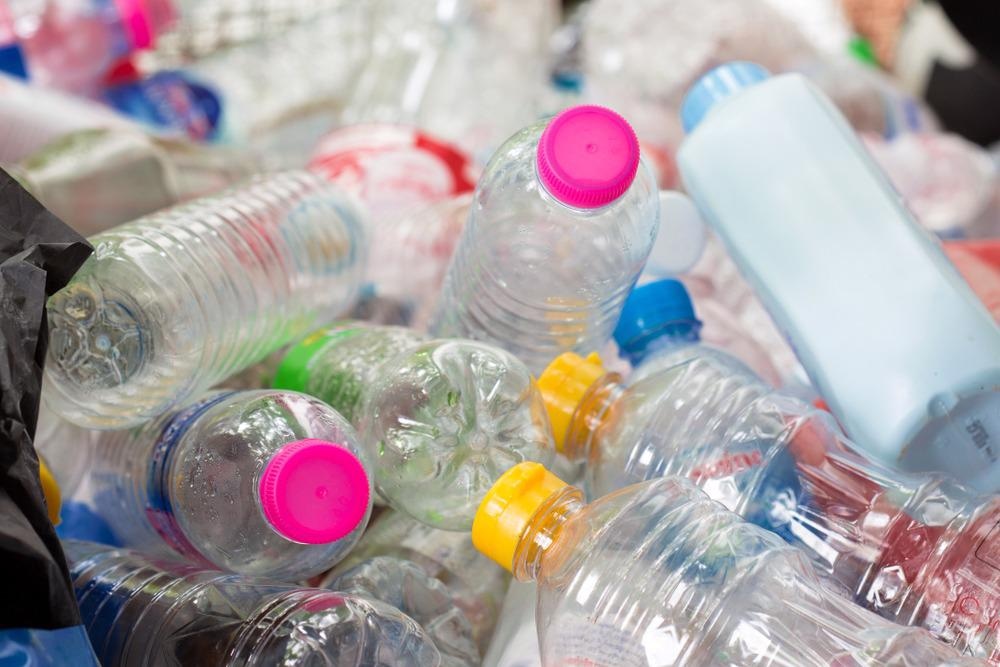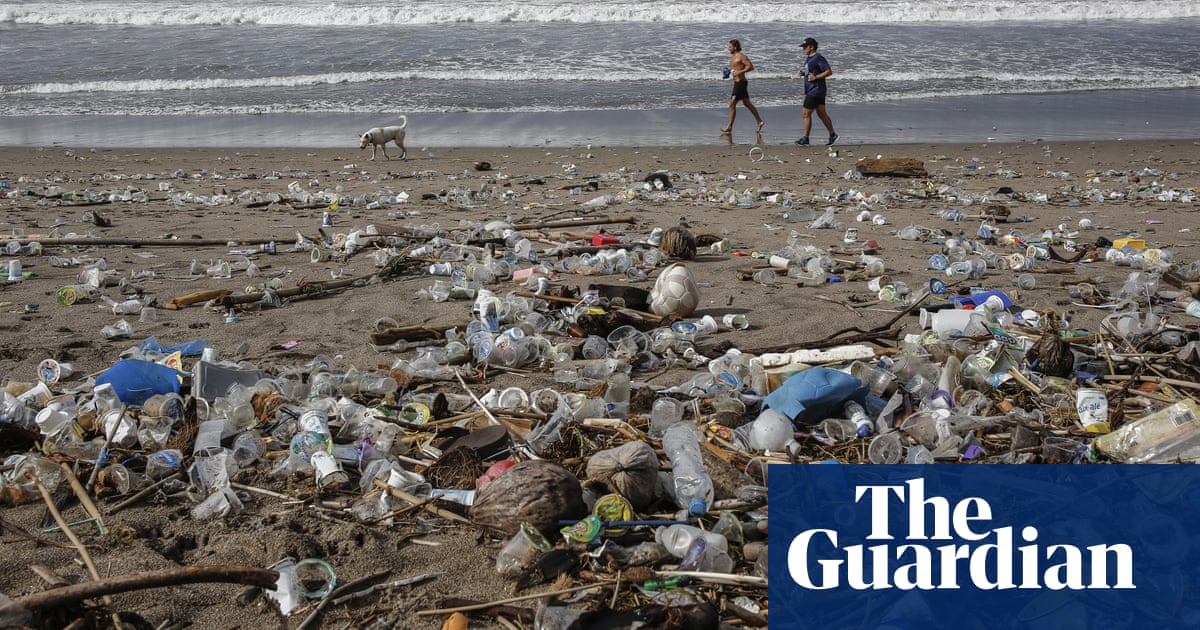I envision a future where we don't have to worry about consuming plastic, where plastic isn't commonplace, and where ecosystems and all life aren't being tormented by our choices. This is a tall order, and I do not think we will be able to completely reach that point. However, we are capable of unburdening our ecosystems a little, and we need to value the small steps, even if they don't feel like much.
My proposed intervention is to impose plastic quotas in the final goods that companies produce. Since fines would increase their costs of production and reduce their profits, perhaps this could incentivize companies to look at plastic alternatives. For this to work, the cost of the fine has to be greater than the cost of the plastic alternative (which is likely going to be costlier than plastics). This would also need to be enforced, which brings its own slew of issues, including how we will know exactly how much plastic is being used in packaging, shipment, etc. This intervention also would not include the plastic in the factors of production used to make the goods. This is definitely not a perfect intervention, but there needs to be some method that makes plastic alternatives desirable for companies, otherwise there won't be any change. As long as plastic is easier, it's what all businesses will use. As consumers, we should also influence demand by adjusting our consumption to goods with more sustainable packaging. However, our role is limited, as there are some things we need that simply aren't available without plastic or affordable. Banning plastics won't work, because it's too commonplace, and we cannot ban things without there being a reasonable alternative, even though plastics are causing all this damage. We must combine the knowledge of different fields, such as environmental sciences, economics, civil studies, etc. when making regulations, because regulations based only on one goal, without consideration of opportunity costs, will never be consistently implemented. Even the most successful companies become successful by understanding human consumption patterns, so we must apply that same principle to business production patterns and both psychologically and legally incentivize and environmental actions, such as reducing plastic usage.
It's a big task, but every step counts!
Side note: researchers have been looking into insects for plastic degradation, and some insects have been evolving the ability to degrade plastic!









Hi Vani! You have such a detailed view on tgis topic already, I loved reading your views. My question to you is how would we track the actual plastic use by companies?
Hi Vani,
I agree that banning plastic use is a big task and is quite difficult to implement.
Hey Vani Gupta, thank you for explaining your suggestion of policy enforcement is so much detail, I learned a lot from your post. I just have a question. Do you think if government fine the companies that use plastics, companies will add the cost burden to consumers? Since Vancouver bans plastic shopping bags, grocery stores ask consumers to pay for paper bags.
Hi Vani Gupta, I found your idea of introducing plastic quotas interesting! It is a great way to limit plastic use and incentivize alternatives. One confounding factor to consider is the sustainability of this solution. Could this risks pushing businesses and consumers towards alternative single-use products that may pose their own environmental destruction at worsened scales? I'd love to hear your thoughts!